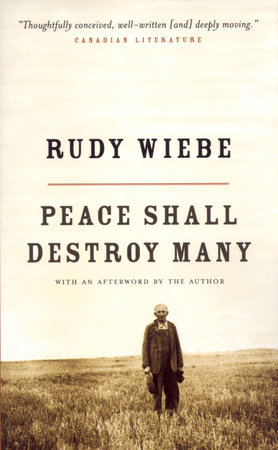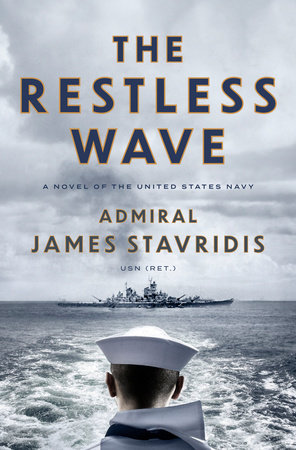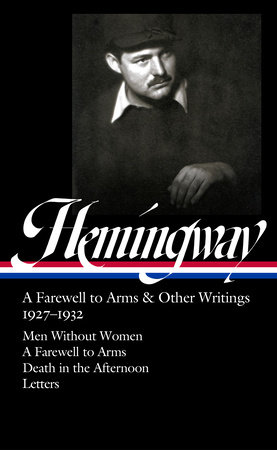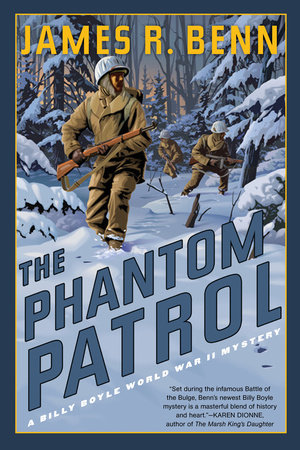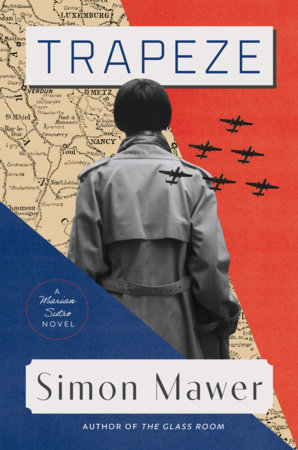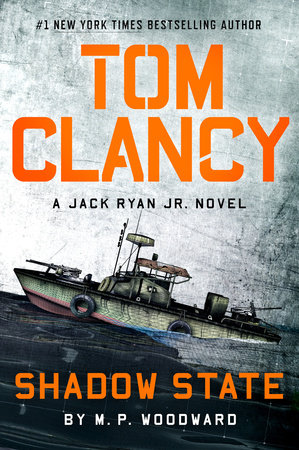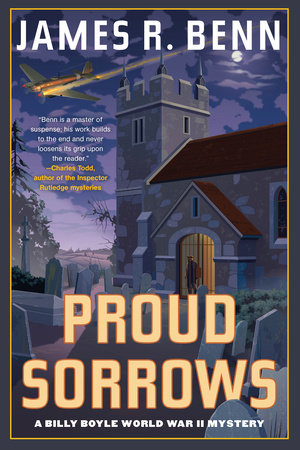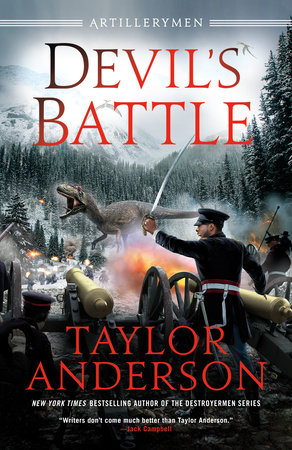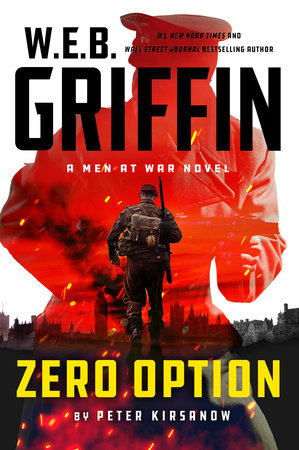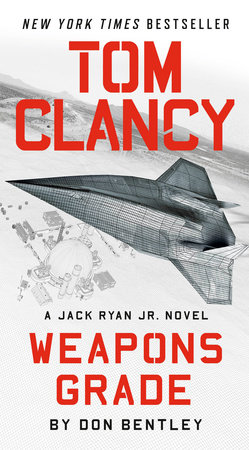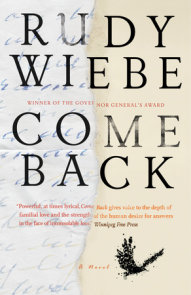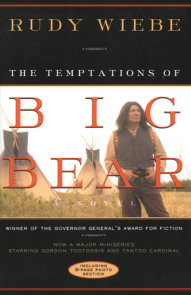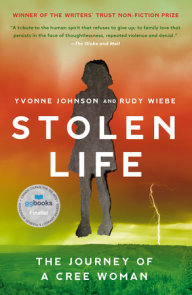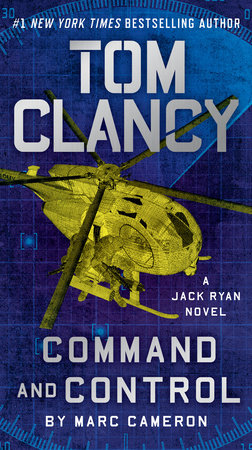Author Q&A
1. How did I become a writer:
That’s easy: by writing for many hours every day for years, and rewriting, as it often seemed, without end. It helps to be obsessive. The more complicated question is a blend of that “how,” and why. Let me try to be simplistically organized about it:
i) Growing up as the youngest child on a homestead bush farm in Saskatchewan, being mostly alone and reading anything I could find.
ii) Speaking three closely related but distinct languages (Russian Mennonite Low German at home, High German in church, and English when I started Grade 1) and hearing the poems and stories of the Bible read, preached and sung in four-part harmony every Sunday.
iii) Being able to continue school (rather than leave in order to earn my keep as my siblings did by their middle teens) and having outstanding teachers – both in grade school and university– who taught me how to read as a writer and encouraged me to try to write myself.
iv) Studying in Germany and travelling for a year in Europe during the late ’50s, where I began to recognize the absolute uniqueness of the northern prairie Canadian world I had been born into, and the Mennonite heritage I had – but recognized also the profound, common humanity that shapes us all, despite the horrible wars (World War II, the Korean War) we had just experienced, whose destruction was then still visible everywhere, especially in the consciousness of people.
2. My favourite interview story.
The question I most indelibly remember happened live on radio with Peter Gzowski in November 1973. We were talking on This Country in the Morning about The Temptations of Big Bear, then just published, and he said to me, “If Big Bear were alive today, what would you ask him?”
Our heads were bent close together, across a small table in a closet-sized room in the old CBC building on Jarvis Street, facing each other through a Canada-wide microphone. All I could say was, “I’d ask him, ‘How can I live a good life?’”
3. Questions never asked, but wished for:
My first novel was published in 1962, and I suppose over the decades I’ve been asked almost every conceivable question. Sometimes, if at the moment I don’t feel comfortable with what is asked – the personality/manner/interest of the interviewer often make a question palatable or not – I respond by turning the question in the direction I prefer, and answer that. This happens particularly when the interviewer barely knows what the dust jacket of the book explains.
In the ’60s and ’70s interviewers rarely asked questions about personal beliefs or religious concepts – sex was much more likely to bob up – but that has changed in the past decades and clearly, with the kind of novels I write, that is all for the better. Lately, pop psychology has given us whole series of canned, supposedly enlightening, questions like “What is your favourite colour?” or “Do you prefer oysters or shrimp?” or (if you’re a man) “In the toilet, do you sit or stand when you urinate?” I find such questions merely silly, though useful if you can turn them into a laugh.
4. Has a review or profile ever changed my perspective on my work?
I think every reader reads his or her own particular novel; certain basics of the story are given, of course, but the feelings and experiences these basics create are – and rightly so – very individual. That is why I read reviews and articles and theses about my novels: I want to know how careful, literate readers experience them. I find it vaguely grotesque for a writer to assert that he or she never reads reviews – if you care nothing about how your book is read, why not shove the manuscript away under your bed? Why inflict it on the world by publishing it? Just for the money it will earn you? In an important sense, to publish (that is, to make public) a novel means you feel it is not complete without a reader; for me that means I should respect readers enough to listen to them when they talk back to me about what they find I have written.
5. Which authors have been most influential for my writing?
Perhaps scholars who have read everything I have published (that would be a job!) could answer this more accurately than I. To my way of thinking, in literary terms they would be Leo Tolstoy in the nineteenth century and William Faulkner in the twentieth. Regarding the Anabaptist/Mennonite understanding of the teachings of Jesus, particularly their pacifism, it would be the philosopher/theologian John Howard Yoder, 1927—1997.
6. If I wasn’t writing, what would I want to do for a living?
Sing. Be an opera tenor, living and dying for undying love with endless magnificent sopranos in front of thousands of dressed-up people. In 1962, on the basis of a trial tape, I was invited to study voice at one of the best music academies in Germany; however, the publication of my first novel that fall lured me in a different direction. Deo gratias.
7. If I could have written one book in history, what book would it be?
This, like # 10, sounds like a canned question (cf. # 7). In the continuing spirit of serious silliness, I say I would want to have written the Bible– an inexhaustible library of the human experience.
